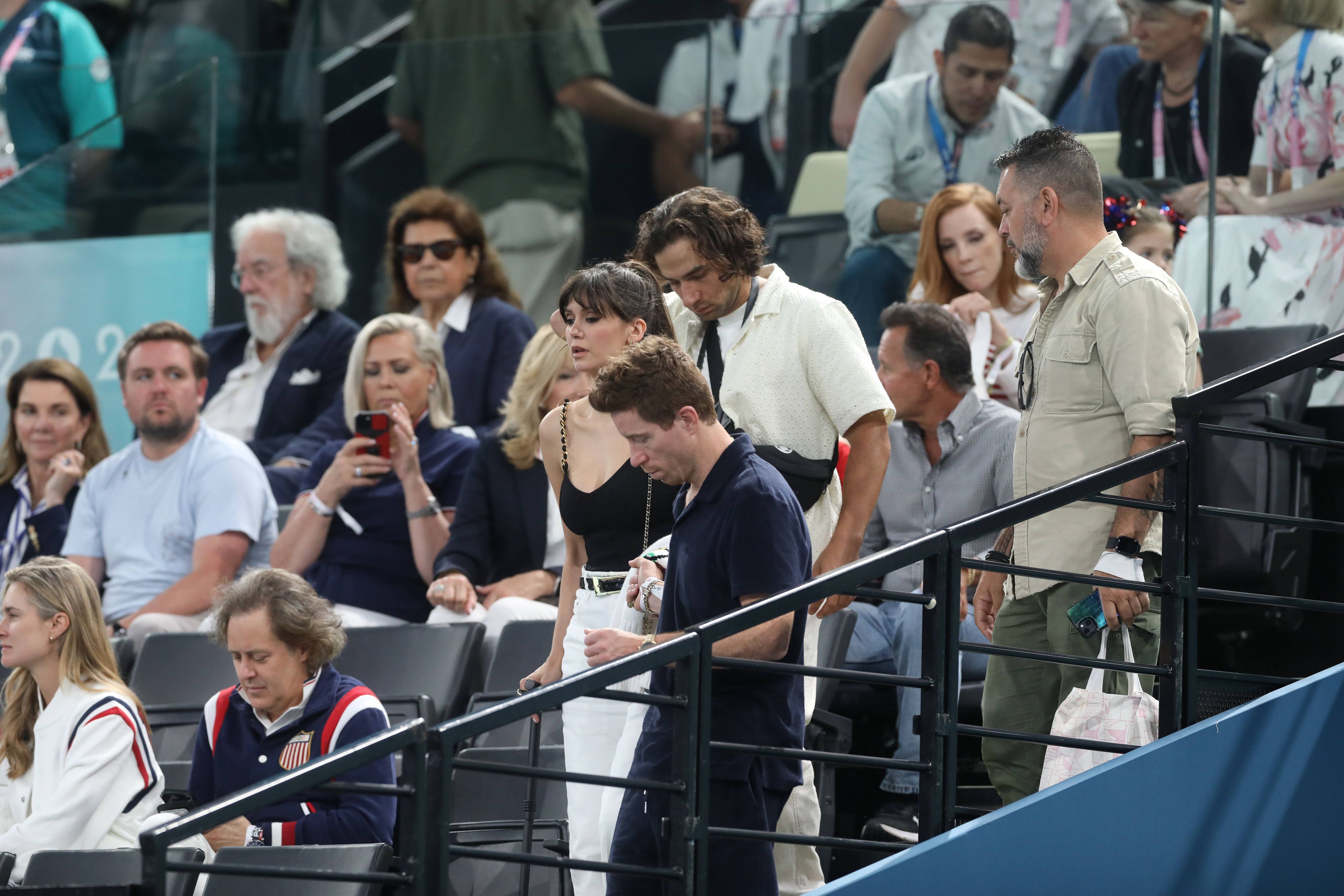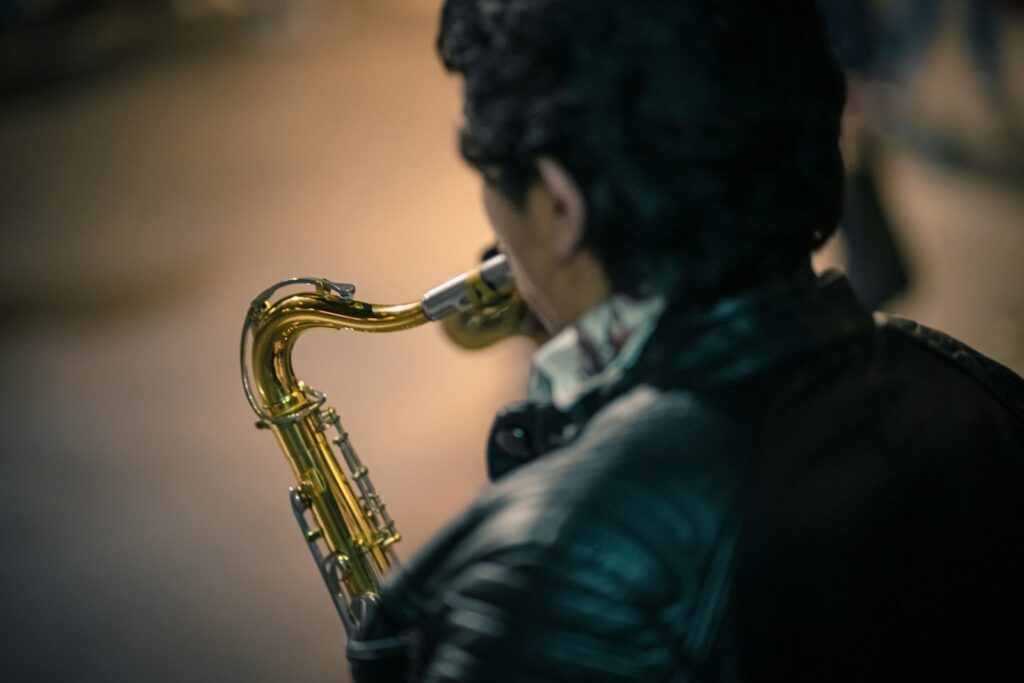
David Rendall, a British tenor whose voice graced the world’s most esteemed opera stages, passed away on July 21, 2025, at his home in New Forest, England. He was 76 years old and had been battling a “long complicated illness,” as confirmed by his son, acclaimed baritone Huw Montague Rendall. Glyndebourne, the British opera company where Mr. Rendall began his association in 1974, announced his death on social media, marking the end of a career celebrated for both its ringing lyricism and its startling, real-life dramatic turns.
Mr. Rendall’s operatic journey, a path less traveled, began far from the hallowed halls of music academies. Born in London on October 11, 1948, the son of John Rendall, a stockbroker manager, and Phyllis (Anne) Rendall, a nurse, he spent his teenage years studying bricklaying at a technical school in South London. He even sang with friends in pickup pop music bands, having no initial intention of pursuing a career in opera.
His surprising entry into the world of classical music came during his time as a clerk at the BBC, where he sorted records for the popular radio program, “Desert Island Discs.” On one notable occasion, while checking a recording of “Questa o quella” from Verdi’s “Rigoletto,” he began singing along, unconvinced by the tenor’s rendition. Unbeknownst to him, Roy Plomley, the show’s presenter, and Ronald Cook, the producer, were listening in the control room with microphones open.
A buzz soon came through the studio speakers: “Mr Rendall, I think it’s time we had a chat.” Fearing he was about to be dismissed, he was instead asked if he had considered vocal training. With Mr. Cook’s encouragement and assistance, he was accepted at the Royal Academy of Music in London, attending from 1970 to 1973. This pivotal moment launched a career that would span continents and decades.
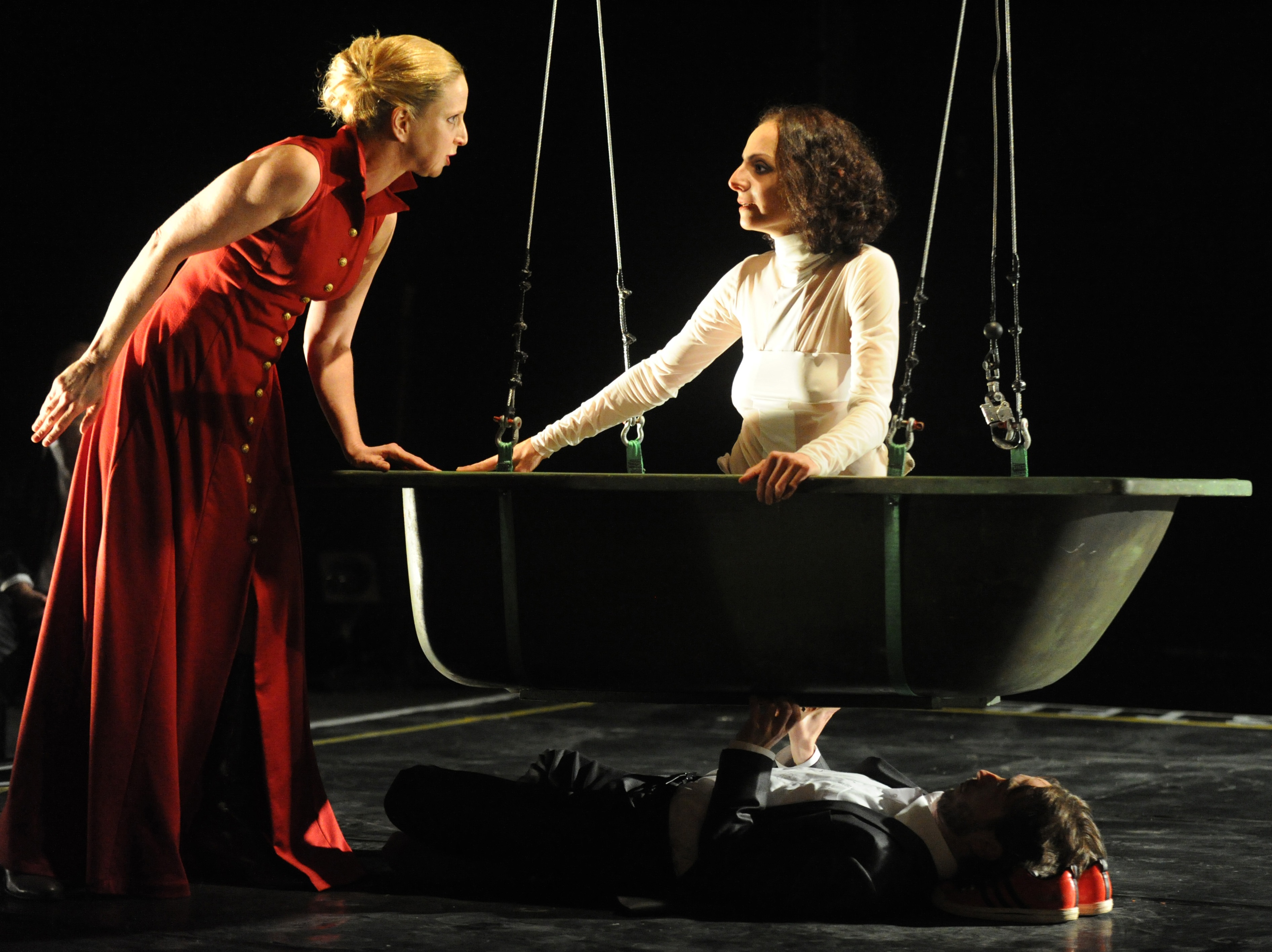
His dedication and talent quickly garnered recognition. He was named Young Musician of the Year by the Greater London Arts Association in 1973 and received a Gulbenkian Fellowship in 1975. He also refined his craft at the Mozarteum in Salzburg, though a severe case of bronchitis there temporarily halted his singing for a year, until a “mysterious cure” involving ultrasonic sound waves allowed him to return to form.
Mr. Rendall’s formal debut with English National Opera came in 1976, as the Earl of Leicester in Donizetti’s “Mary Stuart.” His Royal Opera House debut followed that same year as the Italian Tenor in Strauss’s “Der Rosenkavalier.” By the early 1980s, he was in high demand across the globe, becoming a regular fixture at prestigious venues.
He became a prominent figure at the Metropolitan Opera throughout the 1980s, performing in 134 productions. His roles there included Ernesto in “Don Pasquale,” Tamino in “The Magic Flute,” Alfredo in “La Traviata,” and Don Ottavio in “Don Giovanni,” among others. He also graced the stages of La Scala in Milan, the Vienna State Opera, and Opéra Bastille in Paris, showcasing his versatility.
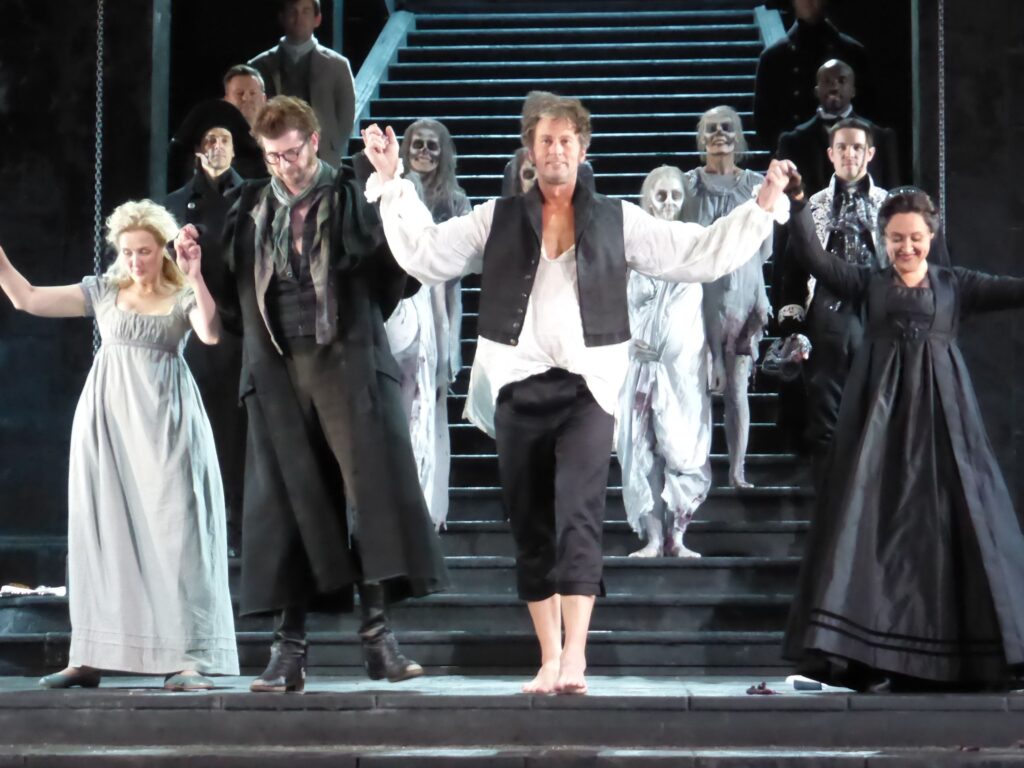
Critics often noted his distinctive vocal qualities. Bernard Holland of The New York Times, reviewing a 1983 Met performance of “Don Giovanni,” acknowledged that “Mr. Rendall’s Don Ottavio, on the other hand, had the fineness of articulation that bespeaks a real Mozartean tenor,” adding, “If only he had been able to sing more often in tune.” Conversely, British critics generally offered more enthusiastic assessments of his performances.
John Barry Steane, an opera expert, commended his portrayal in a 1999 English-language recording of Donizetti’s “Maria Stuarda,” stating that “David Rendall endows the ineffectual Leicester with plenty of Italianate ardor.” Tim Ashley, writing in The Guardian in 2003, praised his Tristan at the English National Opera, noting that “Rendall sings with a combination of beauty, steadiness and great heft.” A Daily Telegraph critic in 1973 was also impressed, describing how he “made a splendid impression with his ringing lyricism” as Ferrando.
Beyond his vocal prowess, Mr. Rendall’s career was punctuated by a series of extraordinary, unscripted events that often overshadowed his artistic triumphs, illustrating what he called life “uncomfortably imitating art.” One such incident occurred in November 1998, during a performance of Leoncavallo’s “I Pagliacci” in Milwaukee, Wisconsin.
While singing Canio, a role that culminates in the character stabbing his unfaithful wife’s lover, Silvio, Mr. Rendall unknowingly used a real knife instead of a retractable stage prop. “At the crucial moment, just as I’d done 12 times before, I pushed the button to make the blade retract,” he recounted to The New York Times. “But when I looked down, I saw to my amazement that the blade was still out.”
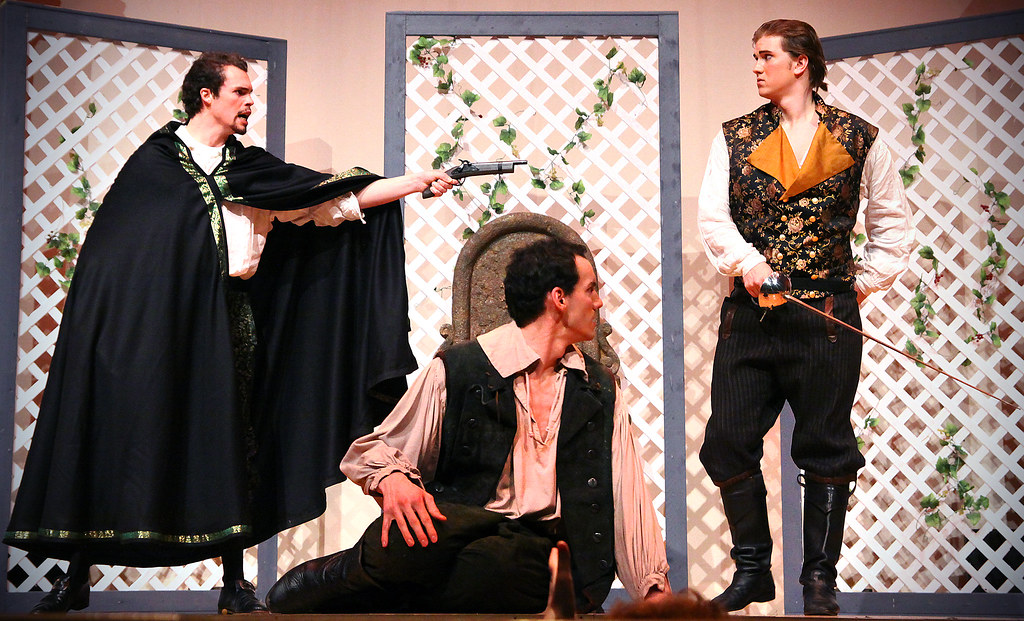
The blade penetrated three inches into the chest of his co-star, baritone Kimm Julian, narrowly missing a fatal injury. Mr. Julian collapsed, blood-soaked, and was rushed to the hospital for emergency surgery. Police, unfamiliar with the opera’s plot, initially believed Mr. Rendall had stabbed Mr. Julian in a fit of jealousy, leading to a surreal police interrogation.
“Farce was turning into nightmare,” Mr. Rendall told The Times, as he tried to explain the dramatic narrative of Ruggero Leoncavallo’s text to disbelieving officers. He was eventually released, and Mr. Julian recovered, returning to the stage. Paradoxically, Mr. Rendall noted, “Horrific as it was, the incident led to fantastic publicity — the show suddenly sold out.”
Seven years earlier, another unforeseen calamity struck during a performance of Mozart’s “Don Giovanni” at the Royal Opera House in 1976. As Don Ottavio, Mr. Rendall, along with Ruggero Raimondi, who was portraying Don Giovanni, fell down an unbolted trap door on the set during the Act I finale. Displaying remarkable composure, the tenor scrambled out, disregarding his bumps and bruises, and continued to sing, even attempting to warn an uncomprehending Giovanni as he prematurely descended.
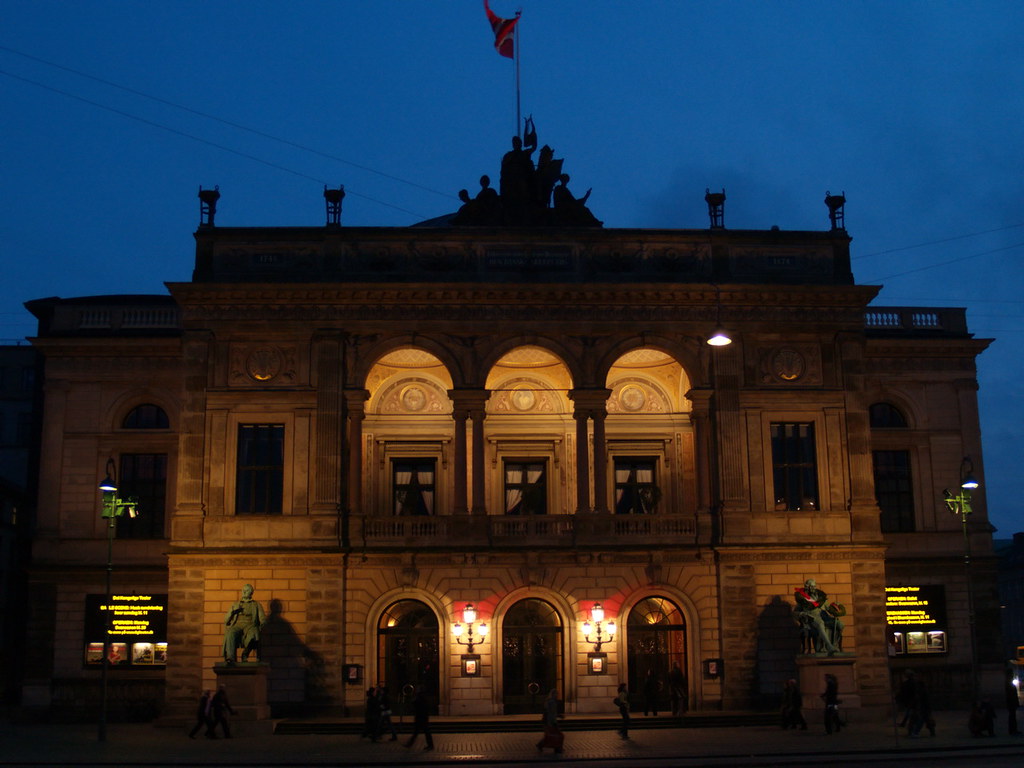
The most career-altering accident occurred in April 2005, while he was singing Radamès in Verdi’s “Aida” at the Royal Danish Theater in Copenhagen. Part of the stage unexpectedly collapsed, destroying the set and sending Mr. Rendall plummeting. He was “knocked down at least 15 feet and tried to crawl to safety to avoid being crushed,” he later told The Telegraph of London. “I thought I was going to die,” he recalled, noting the ironic parallel to Radamès’s fate in the opera.
The devastating fall resulted in severe injuries, necessitating knee and hip replacements, as well as shoulder surgery. The physical limitations imposed by these injuries significantly impacted his ability to perform, as he explained, “I can’t do what some directors want onstage,” adding, “I can’t kneel, for instance.” Consequently, directors stopped extending invitations, and he was forced to sell his home. While he received some compensation from the theater, he pursued further legal action, and this incident effectively curtailed his distinguished singing career.
Offstage, Mr. Rendall’s life was equally colorful, marked by events as dramatic as any opera. In 1981, during a performance of Gounod’s “Faust” in Caracas, he found himself accosted by the husband of the mezzo-soprano playing Siebel, after greeting her with a customary kiss on the cheeks. “He basically accused me of having an affair with his wife,” Mr. Rendall wrote in his blog. “Then he reached inside his jacket, pulled out a gun, and pointed it at me.”
His first marriage to Kathryn George, a pianist he met at the Royal Academy of Music, also had its memorable incidents. One evening in New York, after a rehearsal at the Met, they collected an Indian takeaway only to be dismayed by the meal’s small size. Returning to complain, they were met with indifference, prompting his wife to pick up two lidless containers and pour the contents over the manager’s head.

The manager promptly called emergency services, though no charges were ultimately brought. News of the “911” incident quickly reached his colleagues at the Met, who greeted him the following day with a chorus of “911, 911” in an Indian accent. His first marriage later dissolved, and he was even acquitted in crown court of actual bodily harm against his wife’s new partner, a trial that coincided with his performances as Cavaradossi in Puccini’s “Tosca” at English National Opera.
“Being tried by a jury during the day and then, in the evening, being judged by Scarpia and executed by his assassins had been the weirdest feeling imaginable,” he wrote of the experience. These personal dramas, alongside his stage mishaps, contributed to his reputation as a vibrant raconteur, often regaling friends and blog readers with “deliciously indiscreet tales.”
Despite the adversities, Mr. Rendall’s passion for his art remained unwavering. He had made his New York debut at the City Opera in 1978 as Rodolfo in “La Bohème” and his Metropolitan Opera debut in “Don Pasquale” two years later. His extensive repertoire included roles such as a forceful Don José in Bizet’s “Carmen” in 1997, a lyrical account of the title role in “Otello” in 1988, and an impetuous Pinkerton in Puccini’s “Madama Butterfly.”
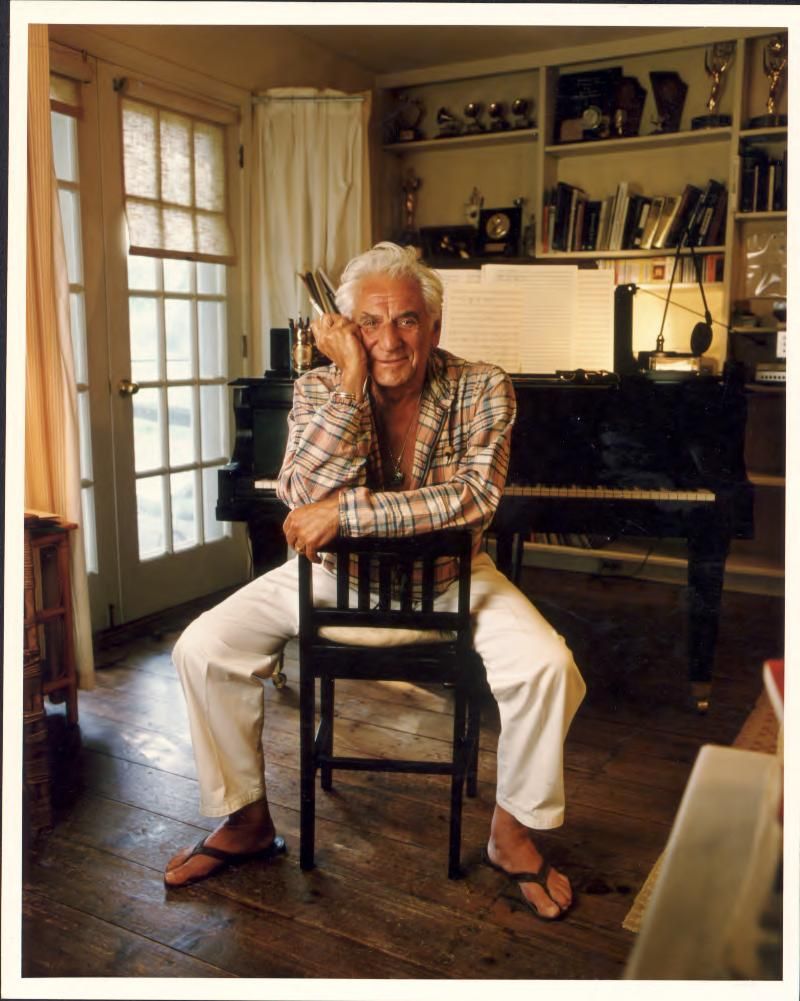
He worked with some of the world’s greatest conductors, including Leonard Bernstein, Daniel Barenboim, James Levine, Sir Charles Mackerras, and Sir Colin Davis. His notable recordings include Puccini’s “La Rondine” with Lorin Maazel, Korngold’s “Die Kathrin” with Martyn Brabbins, Berlioz’s “Requiem,” “Maria Stuarda,” Elgar’s “The Dream of Gerontius,” and Mozart’s “Requiem.”
After the 2005 accident in Copenhagen, Mr. Rendall was largely absent from the stage, but he did make occasional appearances, notably a London concert in 2013 with his wife, the acclaimed mezzo-soprano Diana Montague. They met at Glyndebourne and were reunited while performing in Mozart’s “La Clemenza di Tito” at the Met in 1987, marrying in 1990.
Diana Montague survives him, as do their son, Huw Montague Rendall, an acclaimed baritone who was coached by his father, and three daughters, Eleanor, Amelia, and Elizabeth. He is also survived by another son, Edward, a stepson, and two grandchildren. “He poured every part of his personality, his soul, his experience into every role,” Huw Montague Rendall said, adding, “He adored it, it really was part of him. He had a wonderful career until 2005.”
His wife, Diana Montague, poignantly reflected on his passing: “We are deeply saddened at the loss of David. He leaves a big hole in our lives. We are very lucky to have his legacy of beautiful recordings, photographs and, of course, our wonderful family who hold David so dearly in their hearts. David was a tour-de-force and we have lost a great artist, dear friend, loving husband, father, grandfather and uncle. He will stay with us forever in our hearts and in every note we sing.”
David Rendall’s life was an operatic performance unto itself, a testament to a career that continually defied expectations, blurring the lines between art and unforeseen reality. His journey from a BBC gramophone library to the world’s most celebrated stages, punctuated by dramatic mishaps and triumphant artistry, forged a legacy that is as compelling as any libretto. He will be remembered not just for the clarity and power of his voice, but for the remarkable spirit that navigated the extraordinary perils that sometimes played out, unscripted, on his grand stage of life.


